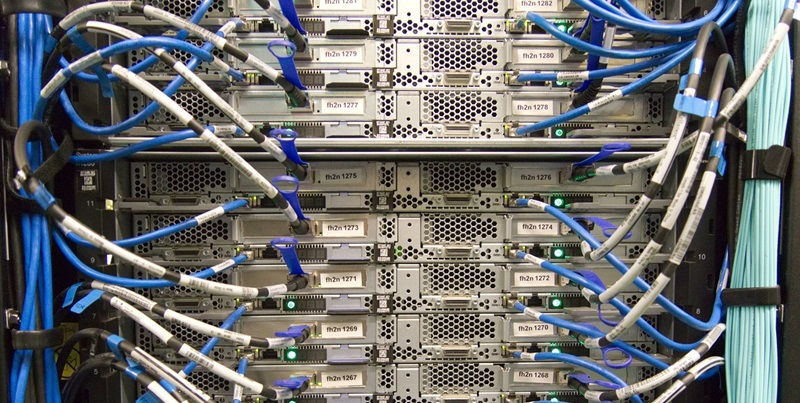Microsoft is breaking new ground by exploring the use of hydrogen fuel cells for backup power at data centers. This pioneering move, aimed at both technological innovation and environmental responsibility, is being put to the test at the company’s data center in Cheyenne, Wyoming. By adopting hydrogen fuel cells as an alternative to traditional power sources, Microsoft is not only advancing its own infrastructure but is also contributing to the critical global shift towards sustainability. If successful, this experiment could pave the way for cleaner energy to support the expanding needs of our digital era and help the tech giant achieve a carbon-neutral future. The project underscores the vital importance of integrating green energy solutions within key digital infrastructures, which are as indispensable as electricity in today’s interconnected world.
Innovative Power Solutions
Microsoft’s foray into hydrogen fuel cell technology for data centers aims to provide a glimpse into the future of sustainable power. By integrating a robust 1.5MW hydrogen fuel cell system, engineered to endure the complexities of extreme climates, Microsoft demonstrates a deep commitment to innovation. This pivotal move aligns with the company’s ambitious objective of reaching carbon negativity by 2030. The success of this technology in providing reliable backup power could usher in an era where data centers, often critiqued for their hefty carbon footprint, could operate with minimal environmental impact.
The implications of Microsoft’s pilot project extend beyond just their own operations. As this technology is refined and its feasibility is established, it could set a precedent for the broader tech industry, which is racing to keep up with the escalating demand for sustainable energy solutions. Companies worldwide are observing with interest as Microsoft undertakes this significant challenge. If successful, hydrogen fuel cells could become the standard for clean energy backup, offering a viable alternative to traditional, carbon-intensive generators.
Strategic Partnerships and Sustainability Goals
Microsoft is leading a groundbreaking initiative in the tech world by collaborating with heavy machinery giant Caterpillar and hydrogen tech leader Ballard Power Systems. The trio aims to demonstrate the efficiency and environmental advantages of hydrogen fuel cells as an alternative backup power source for data centers. This project, which also has backing from the U.S. DOE’s H2@Scale initiative, could revolutionize the tech industry’s approach to power usage and serve as a model for renewable energy adoption, a mission in line with urgent climate action needs. Its success, under scrutiny from the National Renewable Energy Laboratory, may pave the way for broad-scale tech decarbonization, merging high technology with sustainable practices. Through its efforts in Cheyenne, Microsoft is not just innovating but also inspiring other corporations to prioritize greener energy solutions.

